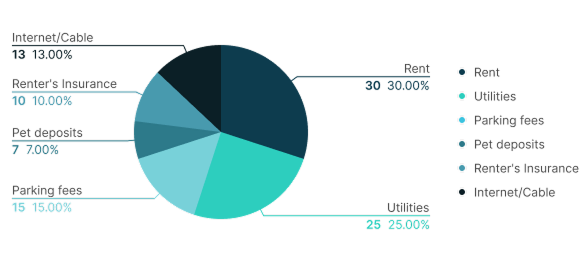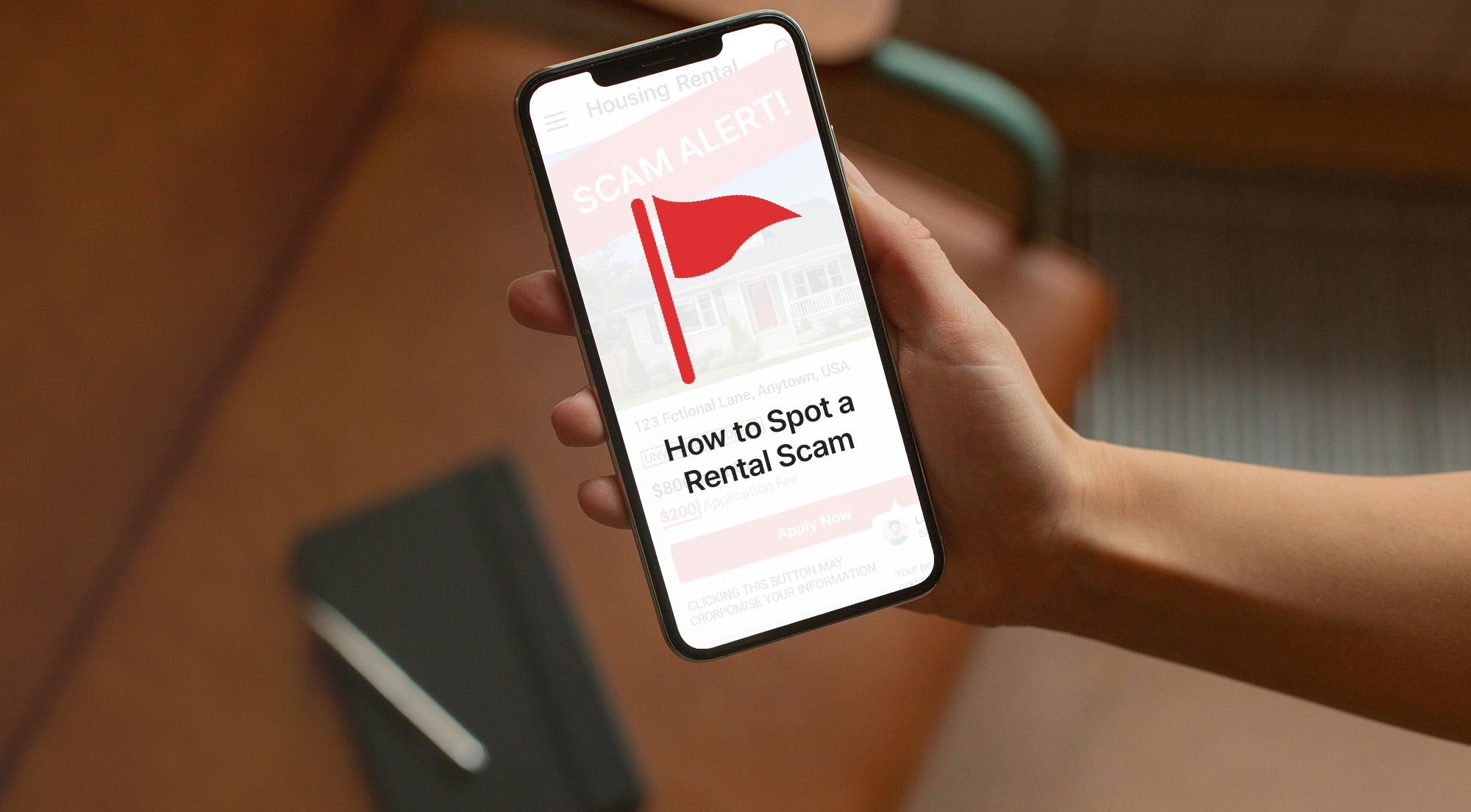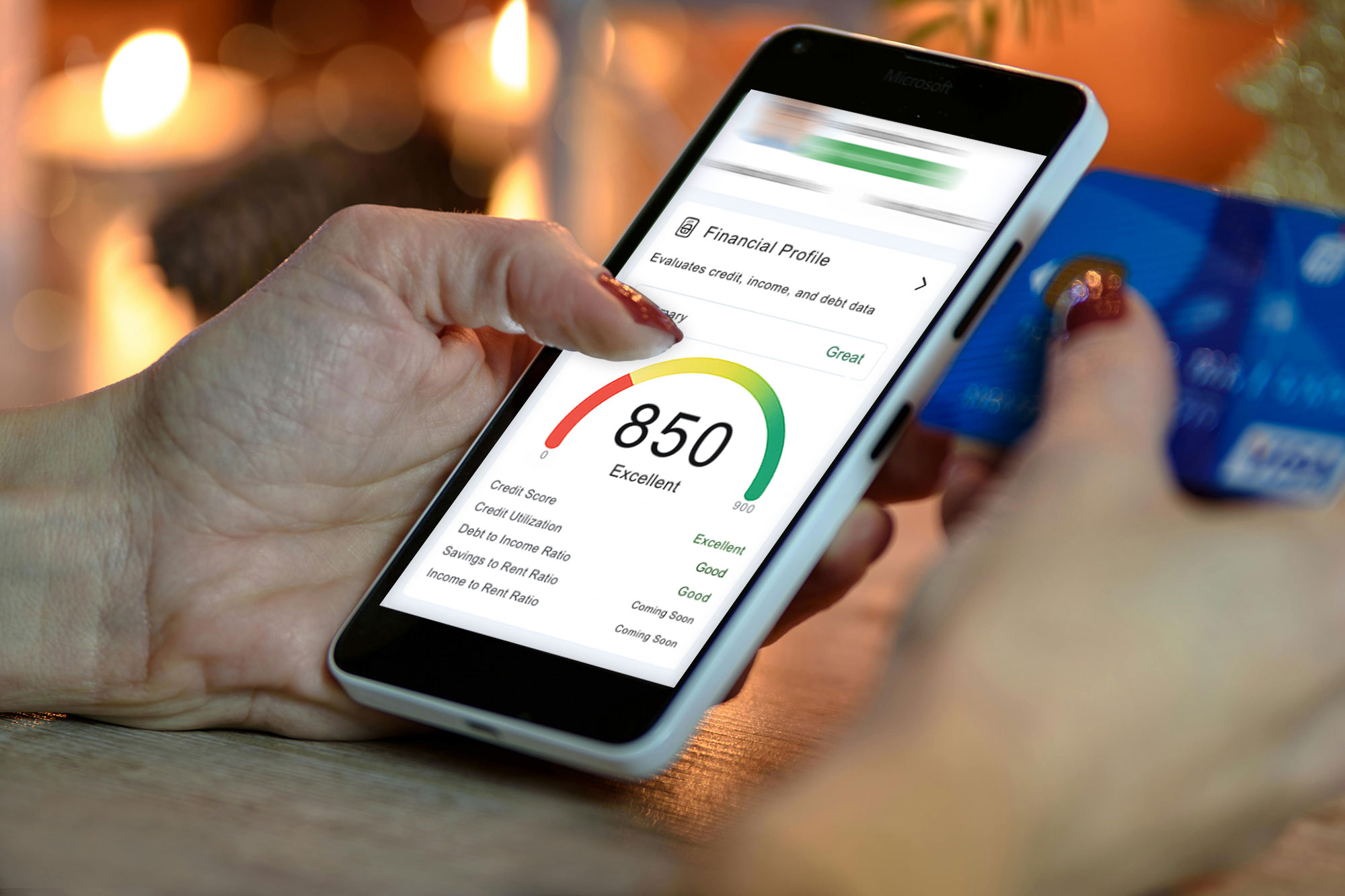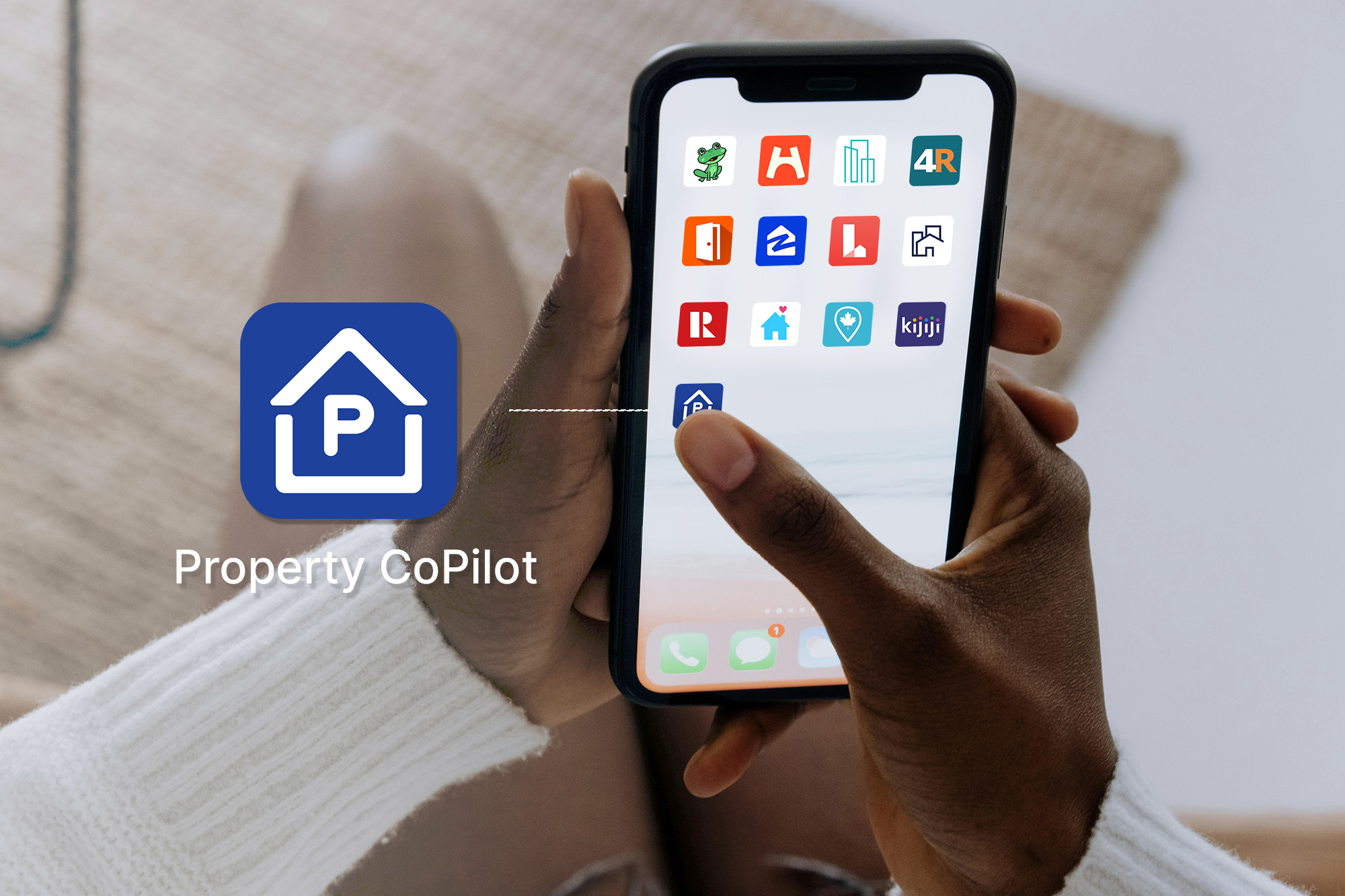Blog
The Complete Checklist for First-Time Canadian Renters: Your Guide to Finding the Perfect Home

Renting for the first time in Canada? It’s exciting but can also feel overwhelming. Leases. Landlords. Credit checks. Sketchy listings. Rules that change by province. If you're a student, newcomer, or just flying the nest, it’s a lot.
This guide breaks down exactly what you need to know—before, during, and after your rental search; so you can skip the stress and find a place you’ll love.
Before You Start Searching

1. Set Your Real Budget
A common rule of thumb is you should spend no more than 30% of your gross income on rent. The reality? In cities like Toronto and Vancouver, 40–50% is common, so set a *realistic budget, and *****one that includes:
- Rent
- Utilities (if not included)
- Parking fees
- Pet deposits
- Renter’s Insurance
- Internet/cable
2. Know Your Rights (They Vary by Province)
Renting in BC is different from Ontario, which is different from Alberta. Key things to look up:
- How much a landlord can ask for as a deposit
- Rules about rent increases
- Entry notice requirements
- Sublet and roommate policies
Resources:
3. Gather Your Documents Early
Being prepared shows landlords/property managers you’re serious, and you beat the rush of other applicants when you have everything ready:
- Government-issued photo ID
- Proof of income (pay stubs, employment letter or tax returns)
- Credit report/ screening report (available in Property Copilot)
- References (past landlord, employer, or even a professor)
- SIN (if required—optional in some cases)
✅ Pro tip: Property Copilot lets you store & send these securely right from your account.
🏙️ While You’re House Hunting
4. Pick the Right Neighbourhood
It’s not just about the unit, it’s about your lifestyle. Think about:
- Commute time
- Transit access
- Walkability to groceries, cafes, and green space
- Safety and noise levels
- Vibe: Do you want quiet and residential, or busy and buzzy?
5. Search Smart
Use more than one source to avoid missing listings:
- Rentals.ca
- Facebook groups (be cautious)
- University housing boards
- Property management sites
🚨 Scams are everywhere—never send money before seeing a place in person.
6. Set Alerts (and Jump Fast)
Good rentals go fast. Set up alerts for:
- New listings in your budget
- Units with your preferred features
- Price drops
During Viewings
7. Bring a Friend and a Plan
Go at different times of day, check your cell signal, and bring a list of what to inspect.
Review the listing in Property Copilot to cover:
- Appliances
- Smells, noise, or pests
- Safety and common areas
- Cell reception + Wi-Fi test
8. Ask Smart Questions
Don’t be shy, it is your future home. Ask:
- What’s included in rent?
- What’s the pet and guest policy?
- Any recent or planned renovations?
- How are maintenance issues handled?
- Are utilities extra? Which ones?
Applying + Moving In

9. Move Quickly, But Don’t Skip the Details
In competitive cities, units get snapped up within hours so be ready to apply on the spot; but still read the lease carefully.
Look for:
- Lease length and renewal terms
- Deposit rules
- Utility responsibilities
- Penalties for breaking the lease
- Rent increase policies
10. Document *Everything* Before Move-In
Before you move your stuff in:
- Take photos and video (especially of damage)
- Record appliance conditions and meter readings
- Save all docs and communications
11. Set Up Essential Services
- Power + Gas (e.g., BC Hydro, Enbridge, FortisBC)
- Internet
- Renters insurance (cheap and worth it)
- Mail forwarding
- Update banks, job, and health info
12. Build a Solid Relationship With Your Landlord
Trust goes both ways. Keep things smooth by:
- Paying rent on time
- Reporting issues quickly
- Following lease rules
- Documenting everything in writing

Red Flags to Watch For
- Landlords asking for a deposit *before* a showing
- Rent that’s suspiciously below market
- No lease or extremely vague terms
- Landlords refusing to meet or communicate clearly
- Being asked for your SIN or banking password up front (major red flag)
Plan for Move-In Costs
Don’t blow your budget on rent alone. You’ll also need to cover:
- Moving truck or service
- Utility connection fees
- First groceries and essentials
- Furniture and cleaning stuff
- Emergency fund (trust us)
Bonus Tips for Long-Term Success
- Track your credit score (especially if you're new to Canada)
- Pay bills on time
- Review your lease 60–90 days before it ends
- Ask about rent increases or renewal terms *before* the lease is up
- Start building rental history—it’ll help with future applications or buying a home
Your Next Steps
Finding your first rental in Canada doesn't have to be stressful. By following this comprehensive checklist and leveraging the right tools, you can navigate the process with confidence. Remember that renting is often a stepping stone to homeownership, and the experience you gain now will serve you well in future housing decisions.
Ready to start your search? Create your free [Property Copilot](https://www.propertycopilot.io/) account today and discover how our platform can simplify your rental journey. With features designed specifically for Canadian renters, you'll have everything you need to secure your perfect home.
Whether you're searching in bustling Toronto, scenic Vancouver, historic Montreal, or any city across Canada, Property Copilot is here to guide you every step of the way.




